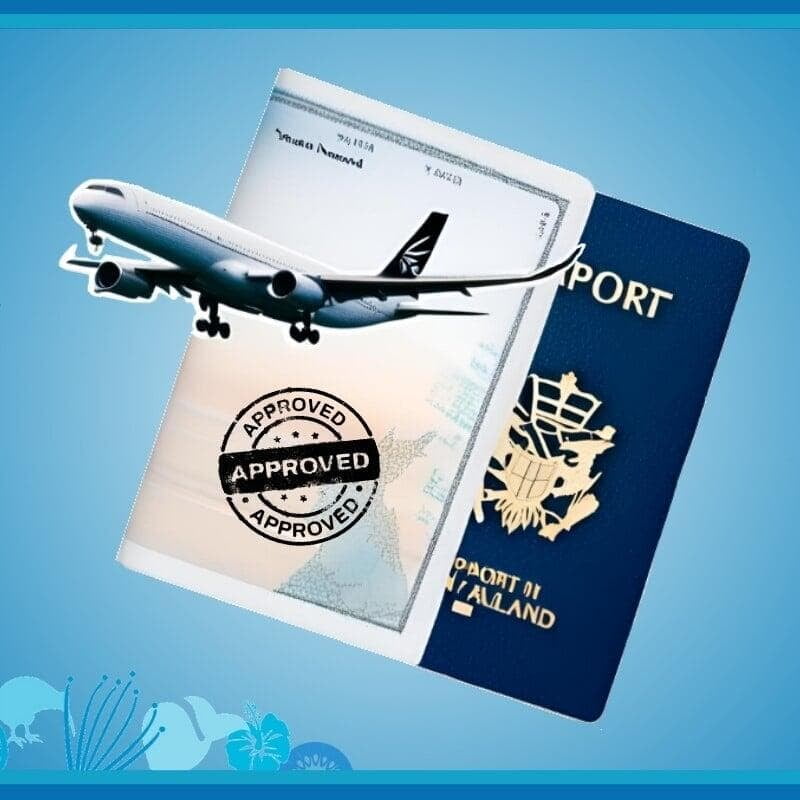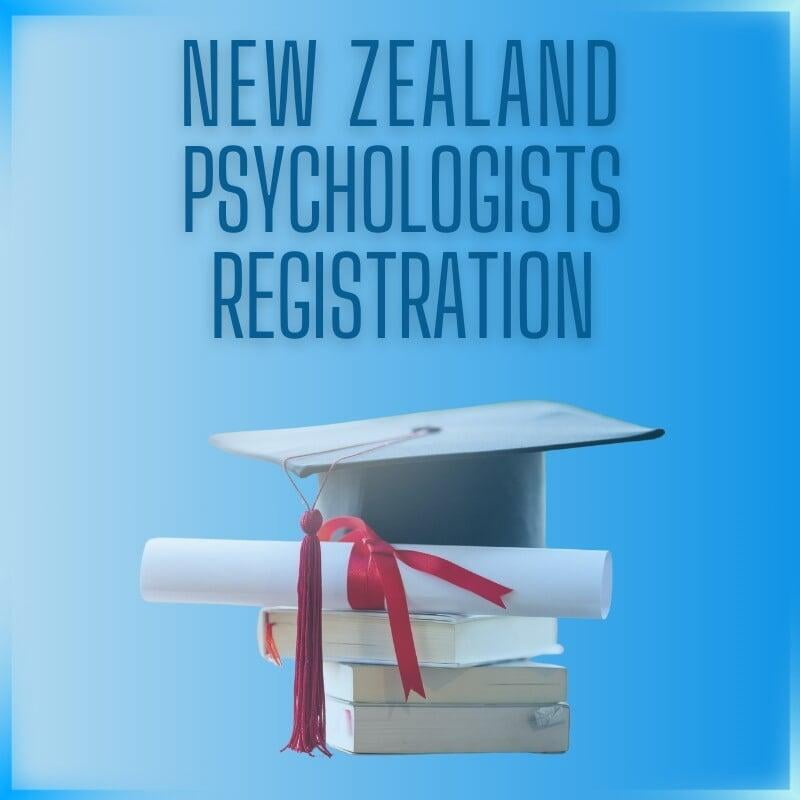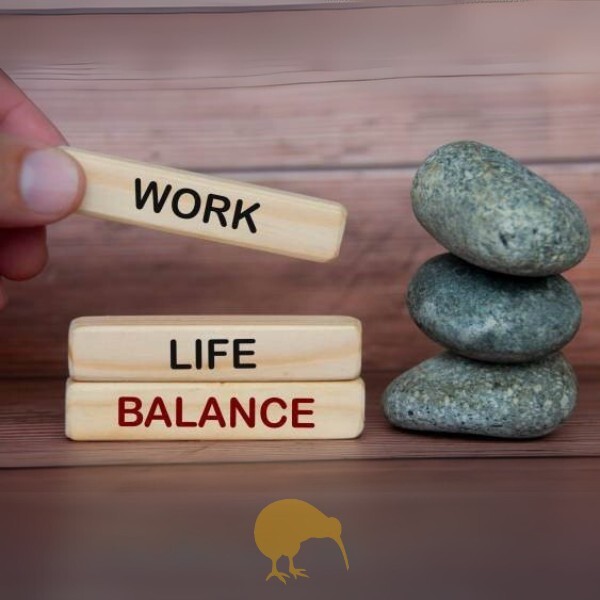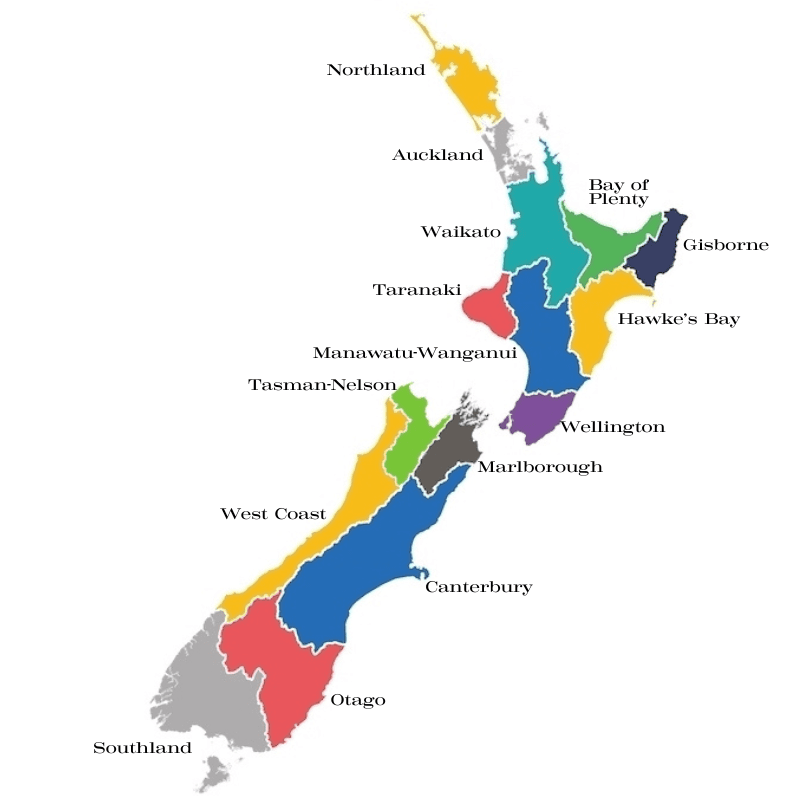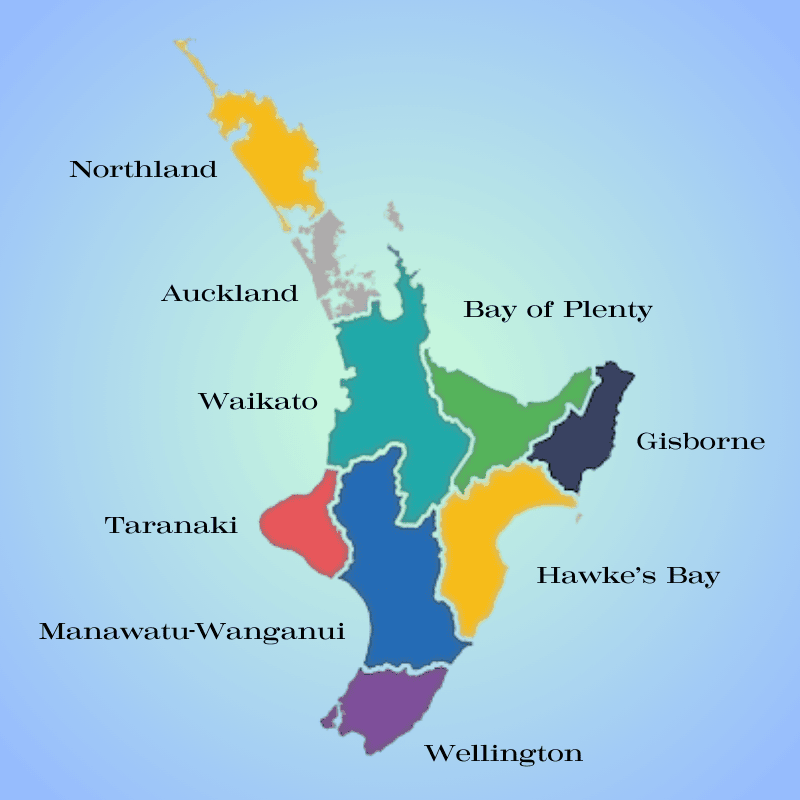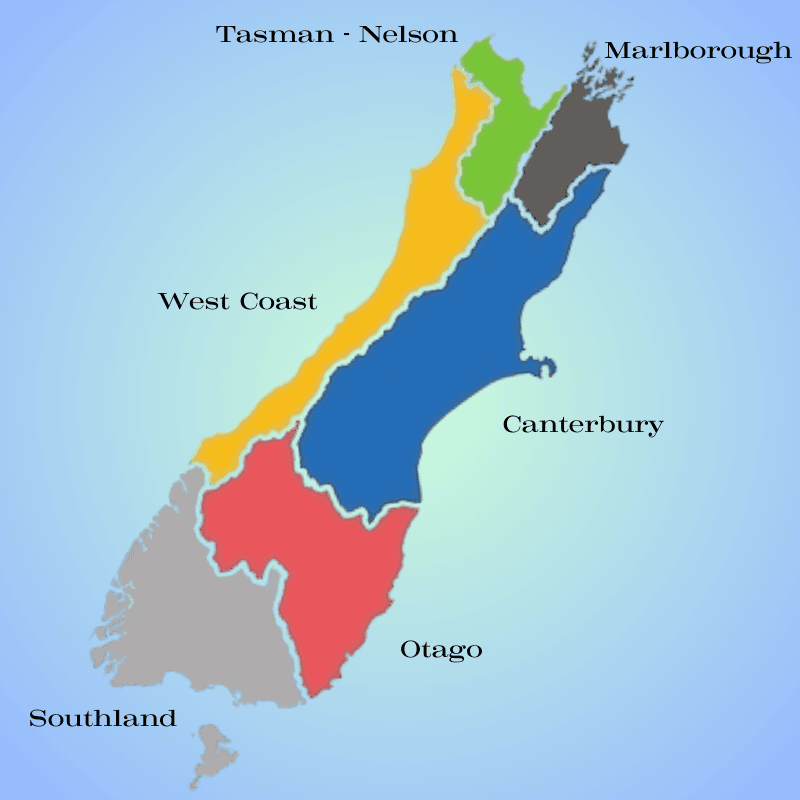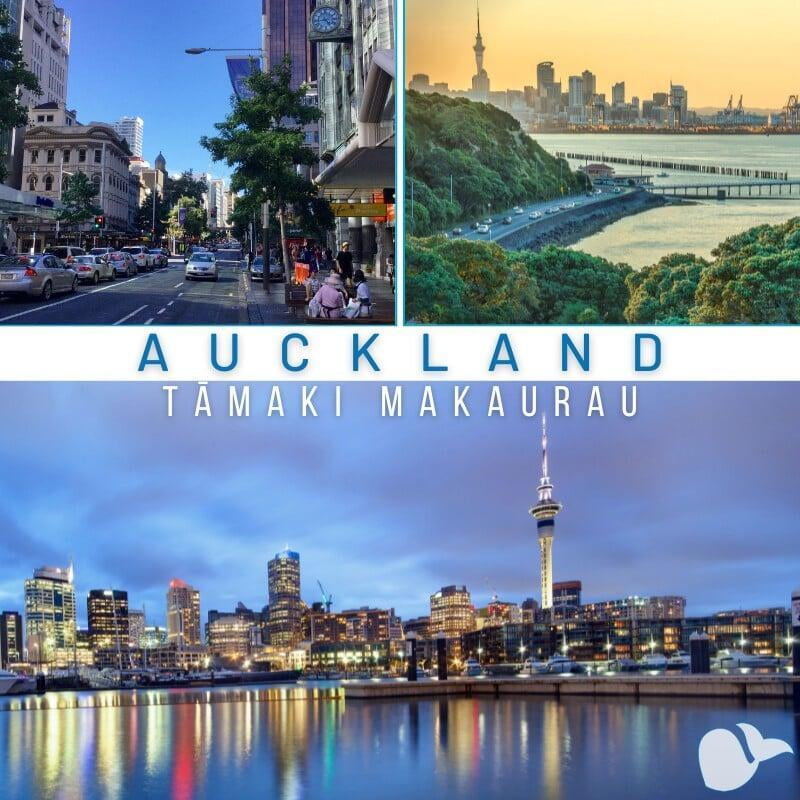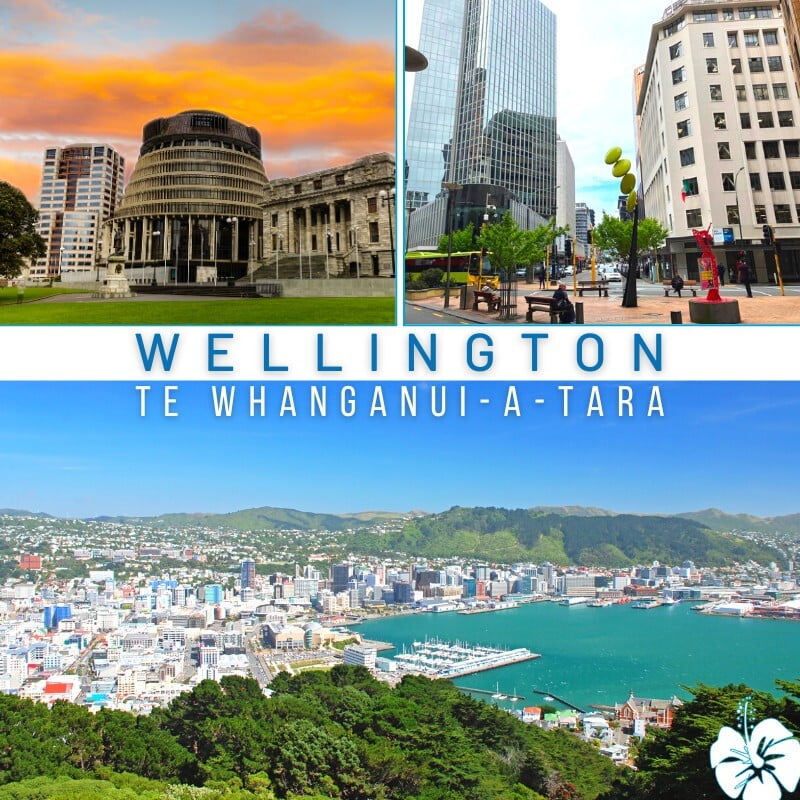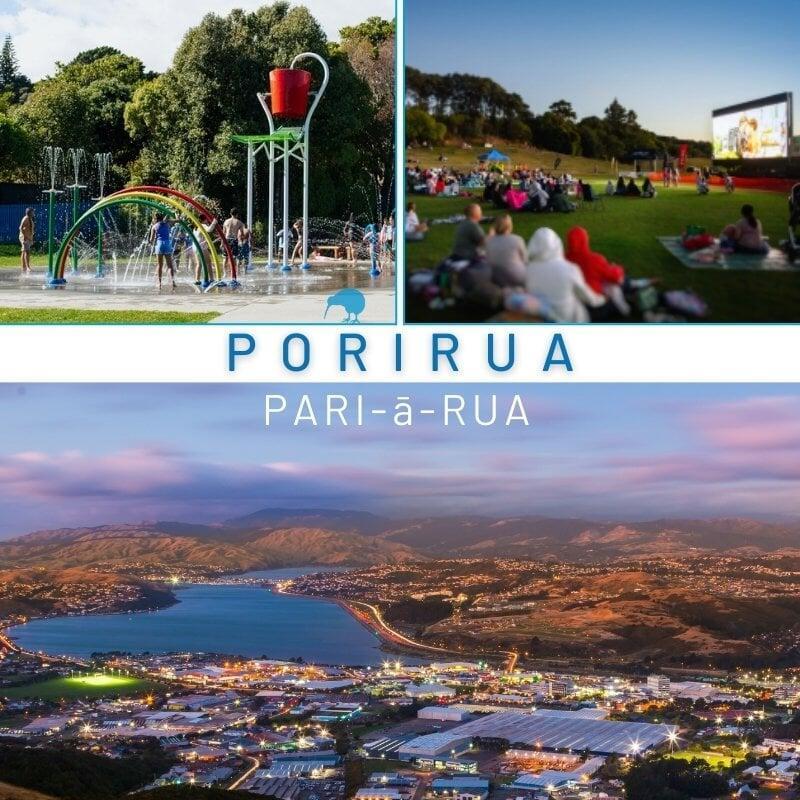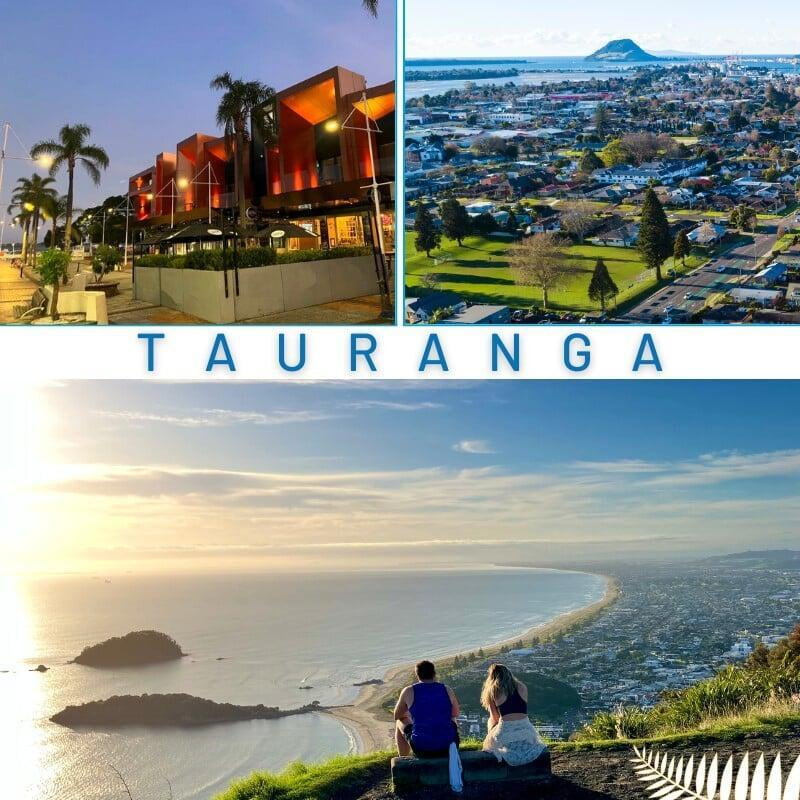Our Blog
This essential article outlines the preliminary steps psychologists must consider when planning to work and live in New Zealand.
New Zealand employers use psychologist recruiters to find, assess, and facilitate the relocation of international candidates. Here are some tips for engaging a recruiter.
Explore New Zealand visa options available for psychologists and discover how our international recruitment services help you secure a job for your visa application.
In New Zealand, psychologists must be registered with a regulatory board. This post outlines the application process and explains how we can assist you.
For psychologists immigrating with children, this post offers an overview of New Zealand's education system.
Moving to a new country is both exciting and challenging, especially when adjusting to a new work environment. In this post, we will compare workplaces in New Zealand.
Political climates are influencing psychologists' immigration decisions. This post summarises New Zealand's political landscape.
Māori culture is key to NZ's identity. Psych-Recruitment supports you in building cultural awareness for successful job applications and interviews.
This post is for psychologists who are immigrating with children and describes the experience of growing up in New Zealand.
This post explores childcare and early childhood education options in New Zealand for working parents, including expected costs and available subsidies.
This post describes why New Zealand is ideal for LGBTQ+ psychologists and their families to immigrate to.
Discover where psychologists work and live in New Zealand. Learn about the two main islands and sixteen regions.
Explore the North Island of New Zealand, which provides psychologists with ten regions, a higher population density, and often a better selection of job opportunities.
Explore the larger South Island, which offers psychologists six regions, a lower population density, national parks, and stunning alpine landscapes.
Consider Auckland, New Zealand's largest city, which offers a multicultural lifestyle, a family-friendly environment, and diverse job opportunities.
Consider Wellington, the capital of New Zealand, which features a sophisticated, vibrant café culture and an artistic atmosphere within a compact city layout.
Porirua is located just 20 kilometres north of Wellington and is known for its harbour views and diverse community, making it a possible alternative to Wellington.
Consider Hamilton, New Zealand's 4th largest city, offering a thriving university town with a strong community vibe and affordability.
Consider Whakatane, a small coastal town perfect for psychologists who want to enjoy the sun, sea, and surf. It is also a great location for families.
Consider Tauranga, New Zealand's fifth-largest city and a popular coastal location known for its beaches, warm, sunny climate, outdoor activities, and relaxed lifestyle.



